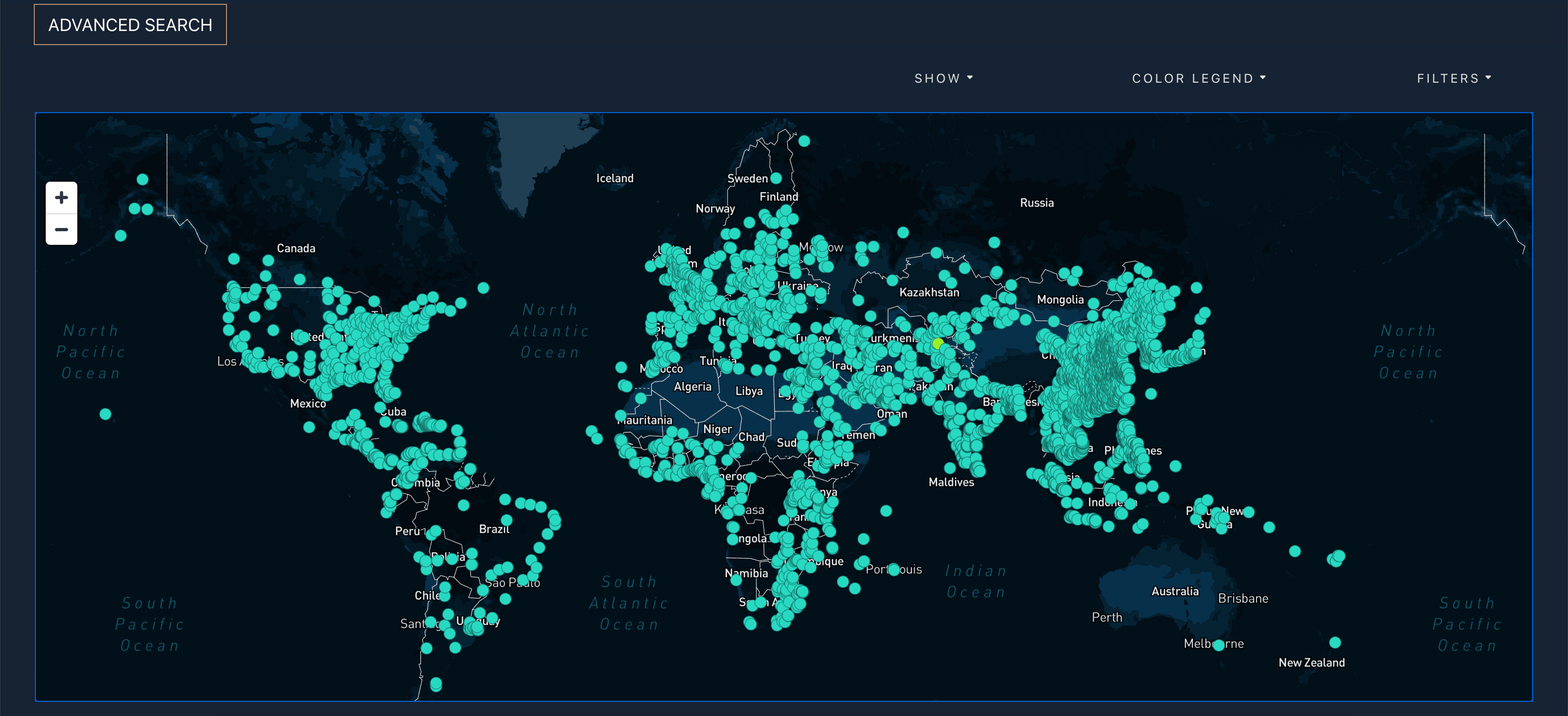
Belarus Network State: Innovating National Identity and Governance
The most significant event for the Belarusian diaspora last year was the announcement of the creation of a passport. At least 57,000 of our compatriots have expressed a desire to become holders of this document. This is a clear signal of the power and potential of our community. Such steps demonstrate our readiness for mobilization, active participation in community life, and the ability to create and develop new forms of self-determination. However, this does not mean that Belarusian politics should always follow traditional rules. We adhered to this in 2020 and continue to do so to this day. Isn't it time to consider new approaches in 2024?
lukashenko has never followed the rules, while the Belarusian opposition still participates in the electoral race. We continue to build plans and projects for a "new Belarus" in the future. We fear the polarization of a society that is no longer willing to go back. Meanwhile, leaders of the protest movement and the most talented specialists are successfully integrating into European society. In 2022 alone, 2,985 Belarusians received Polish passports, and the number of companies with Belarusian capital reached 4,980. This human resource will continue to diminish from our diaspora every year.
We rightly note that even in developed democratic countries there are complexities and shortcomings, so there is no need to idealize their systems. But we still try to build democracy according to their model: despite the lack of our own territory, international recognition, and financial resources. The question arises: can our passport really compete with the Polish or Portuguese one? The Polish passport is in the TOP-20 most influential in the world, allowing entry to 154 countries without a visa.
In the context of these considerations, Peter Thiel's lecture "Competition is for Losers" becomes very relevant. He emphasizes that instead of futile competitive imitation, it's better to create entirely new products and markets. In the context of the current passport system, which was formed during World War I and no longer meets new technological realities, this approach seems particularly important. Developing a new Belarusian passport can be compared to investing in a new FM radio station with its own towers at a time when the audience has already switched to listening to podcasts on social networks.
Let's look at the situation through the prism of techno-optimism and focus on the present, not just the future. On this platform, words like "state as a service" have been heard, and we see successful examples of these projects in nearby Estonia. A country with half the population of Kyiv has managed to effectively approach developed capitalist democracies thanks to digital transformation. Just as small startups can more easily transform the market due to their flexibility, we now have a much better chance of making a leap in governance systems than ever before in Belarusian history. A "leapfrog" means skipping entire generations of technology and making a direct transition to the most advanced ones. For example, how Eastern Europe immediately switched to filter coffee, while in Italy it is now difficult to find a specialty coffee shop. Or how Kenya made a leap in the financial sector - from the complete absence of banking services to mobile payments like M-Pesa 1 2
Innovative ideas and existing projects, such as Próspera and Praxis, reflect a new approach in the development of sociocultural and political life. These practices can become a model for Belarus, which strives to create new forms of state governance and self-organization. At their core lies the concept of "The Network State". The eponymous book was written by Balaji Srinivasan. And in one sentence, it's a highly synchronized online community capable of collective actions, which collects financial resources to acquire territory worldwide and, as a result, receives diplomatic recognition from existing states.
This idea is very feasible for Belarus, considering the development of modern technologies. Our misfortune is also an opportunity for its effective implementation due to the existing connections of the community. This approach has several advantages: it reflects the principles of democracy from the bottom up, where each participant has the opportunity to influence decision-making processes, and at the same time reflects the needs of modern society in flexibility, innovation, and mobility. Thus, our community can consider the possibility of implementing the network state structure as a real alternative for the development and revival of the country now, not just sometime in the future.
Belarus Network State
The concept of the Belarus Network State opens up new perspectives for rational Belarusian nationalism and self-identification in a globalized world. This idea unites Belarusians around the world into a single network community, which has its characteristics:
-
Economic Self-Organization: Regardless of geographical location, Belarusians can unite to create economic and cultural initiatives.
-
Regulation and Incentives: Regulatory conditions, economic and cultural incentives can be developed and implemented to support and grow the community now.
-
DID (decentralized identifier) with e-Residency card: which can serve as digital passports and personal documents with a physical card, allowing Belarusians around the world to feel part of a single nation, regardless of their location.
All this can be realized by a small team of programmers. The example of Palau (an island state with a population of 18,000 people) shows that even small communities can create their own effective residency and governance systems using modern technologies.
Special Economic Zone
The main disadvantage in implementing the concept of the Belarus Network State is the absence of a physical hub that would provide the legal basis for its functioning. As a solution, we can use
the already tested approach of special economic zones (SEZs), the number of which in the world has increased from 79 in 1975 to 5400 in 2018 and 7000 in 2022.

According to a World Bank study, the majority of them - 62% - were created and are managed by the private sector. This testifies to the effectiveness of SEZs as a tool for attracting investment and stimulating innovation. These mechanisms are used by the aforementioned projects Prospera and Praxis.

The Belarusian diaspora should discuss mutually beneficial lease terms under which the host party will receive compensation in the form of investments and innovations that will offset the tax breaks for the SEZ.
Such a legal platform represents a completely new level of dialogue with existing states - from the role of a victim to an active participant shaping its own future.
Further, for the realization of the Belarus Network State concept, it is important to focus on the following steps:
-
Diaspora Consent and Support: Active consent and support of the Belarusian diaspora abroad is key. It is necessary to gather communities and support the network effect, not only in countries with a large concentration of Belarusians like Poland, but also in Germany, Portugal, and so forth.
-
Building Cooperation and Partnerships: Developing strategic relations with international and local partners who can support the implementation of projects within the SEZs.
-
Attracting Capital and Investment: Drawing both internal and external resources, including grants and investments from organizations interested in innovative and democratic projects, for example, from tipolis.com, Balaji Fund, pronomos.vc, paradigm.xyz.
-
Choosing Territory for the SEZ: It is necessary to study and select potential territory for the creation of a new SEZ. It should be a small country interested in increasing external capital.
-
Developing Legal and Organizational Structures: Creating appropriate legal and organizational frameworks for the successful implementation of the Belarus Network State concept.
If you want to influence the future of the Belarusian community and participate in innovative projects, we invite you to fill out an online form. This is your chance to share ideas and resources, as well as learn about further steps. Click here to participate: https://tally.so/r/3xJALv